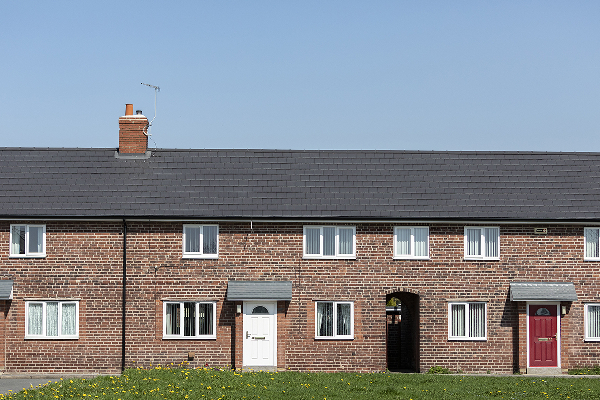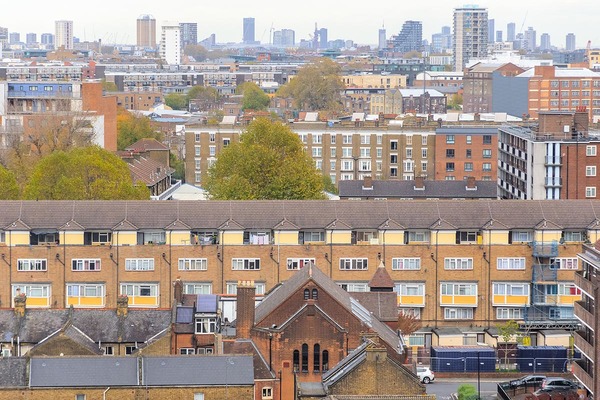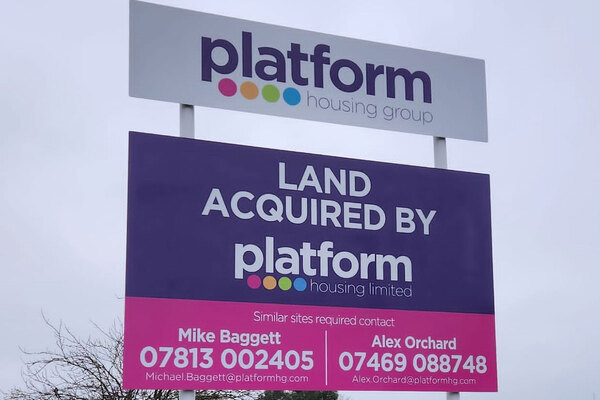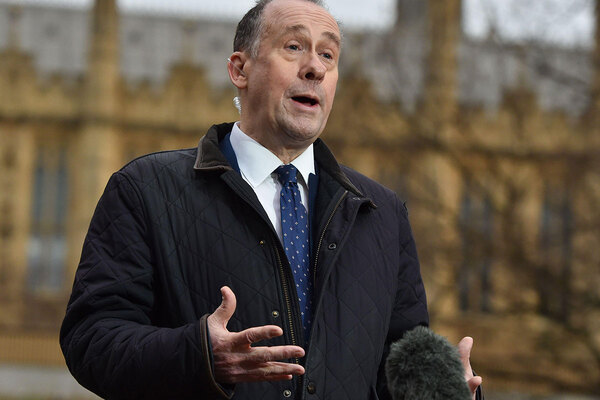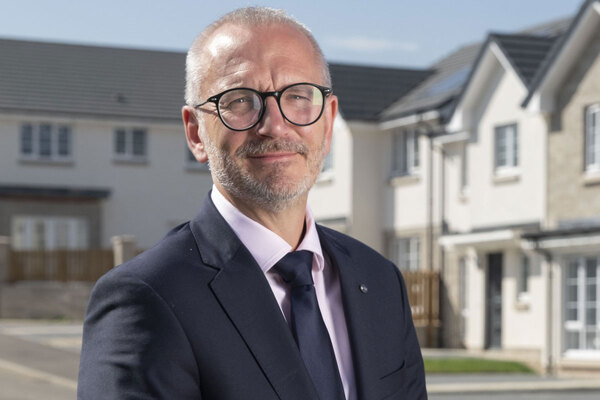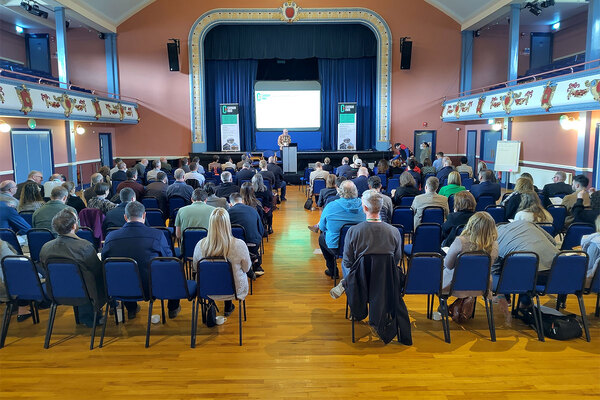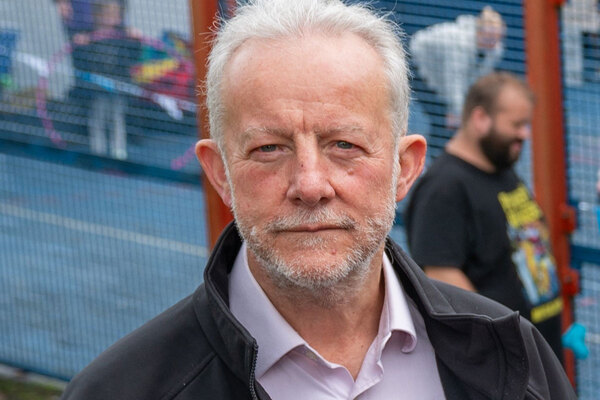You are viewing 1 of your 1 free articles
One in 10 households stuck on housing waiting lists for more than five years, says LGA
One in 10 households currently on housing waiting lists have been stuck for more than five years trying to secure adequate properties, according to new research.
The details emerged in a new report from the Local Government Association, the Association of Retained Council Housing and National Federation of ALMOs. It paints a stark picture of the chronic shortage of housing and how this is likely to be exacerbated as a result of the COVID-19 pandemic.
The Building Post-Pandemic Prosperity report, which sets out the case for building 100,000 social rent homes a year, revealed that waiting lists in high-priority areas for the government’s levelling-up agenda are 56% longer than those in low-priority areas.
The government has pledged to tackle inequality and ‘level-up’ the most deprived areas across the UK.
It has placed local authorities into categories 1,2 or 3, with 1 having the highest priority for funding.
The LGA also predicts that housing waiting lists could double next year, to almost 2.1 million, as COVID support schemes such as the uplift in Universal Credit and furlough come to an end.
According to the report, more than 100,000 fewer new homes will be built by 2023 than would have been without the pandemic. The backlog is unlikely to be cleared until 2025 “or beyond”.
The report calls on the chancellor to use the Spending Review to give councils the “powers and funding” to build 100,000 social rent homes each year.
The figure would achieve a third of the government’s housing target, according to the authors, while the new homes would reduce homelessness, help tackle the climate emergency with the construction of greener homes, and give the economy a £15bn boost.
The report also states:
- Poor-quality homes cost the NHS £2bn a year
- GPs see 430,000 patients with mental health issues relating to their housing conditions a year, costing the NHS at least £12.9m
- Building 100,000 new homes could deliver carbon emission reductions worth £600m
- Households living in greener homes could save £500 per year
A series of recommendations are laid out in the report, including bringing forward and increasing the £12bn set aside for the Affordable Homes Programme announced at Budget 2020, with an increased focus on homes for social rent.
It also recommends increasing grant levels per home to maximise the number of schemes that are viable.
David Renard, LGA housing spokesperson, said: “There is a desperate need to build more social housing in this country, which should be a central part of the government’s ambition to level up and build back better following the pandemic.
“Now is the time to reverse the decline in council housing over the past few decades.
“The benefits are clear – a programme of 100,000 social homes a year would shorten council housing waiting lists, reduce homelessness and cut carbon emissions, while delivering a multibillion long-term boost to the economy.”
Sarita-Marie Rehman-Wall, NFA chair and tenant board member, said: “Our national housing shortage isn’t just hitting one small group.
“It is creating hardship for all kinds of people in all walks of life, whether we’re talking about young people just heading out into adult or family life, or older people whose income drops at the very time when their need for support and the right kind of home increases.
“It’s real for those on precarious contracts that don’t guarantee them enough hours, and those who have lost savings, jobs and homes in the pandemic.”
A spokesperson from the Department for Levelling Up, Housing and Communities said: “We are building more social housing and taking action to reduce waiting lists, which have fallen by almost 600,000 households since 2010.
“We’ve delivered over 382,000 affordable homes for rent, including 149,400 for social rent. But we must go further, so we’re investing over £12 billion in affordable housing over the next five years - the largest investment in affordable housing in a decade.”
Sign up for our daily newsletter
Already have an account? Click here to manage your newsletters
